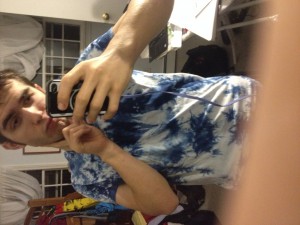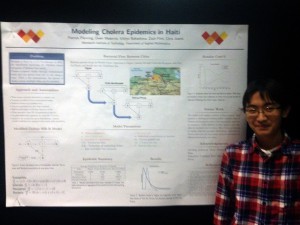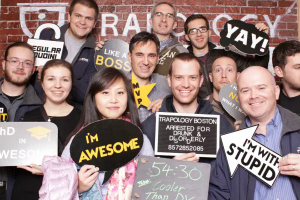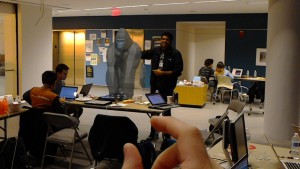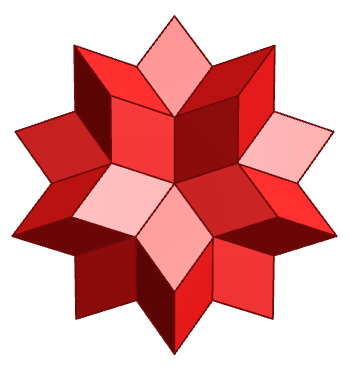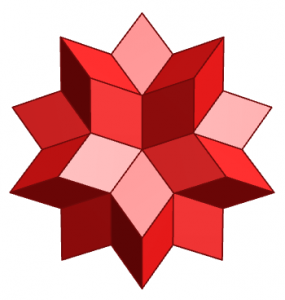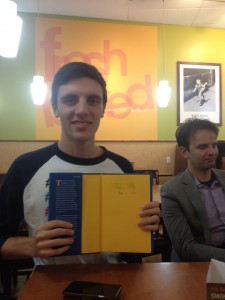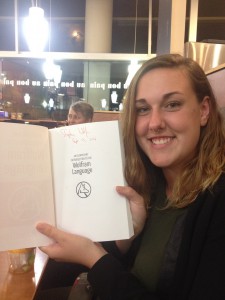Later today, my first graduate school application will be complete and submitted. Perhaps students halfway through their second year of an undergraduate degree do not apply for a Master’s, but circumstances are just too perfect.
There are a couple programs out there that accept applications from students prior to their senior year, like Boston University’s School of Public Health Select Scholars Program. Undergraduates in their junior year can gain early acceptance to the graduate program and complete their senior year at Wentworth. The program is a unique opportunity for undergraduates with an interest in public health to enroll in a top graduate public health program and join a cohort of peers through accelerated placement and subsequent graduate training in public health. The program provides early immersion in public health, giving students the opportunity to explore different options that are available in this field and connecting them with faculty mentors for academic and career advising.
Our Applied Math Department invites speakers every week to talk about things someone can do in a mathematics-related field. Late last semester, two representatives from BU were here to talk about public health opportunities and Travis DiJoseph, associate director of academic affairs, came to speak too and mention their Select Scholars Program. There’s a lot of work in statistics and computation to be done in the public health field, and especially interesting to me are the bioinformatics and biostatistics applications.
I was filling out my CV to apply to the program and realizing how much more qualified I am now than I was than last year. Thank you Wentworth!
You can expect more details about building a CV in a later post.
